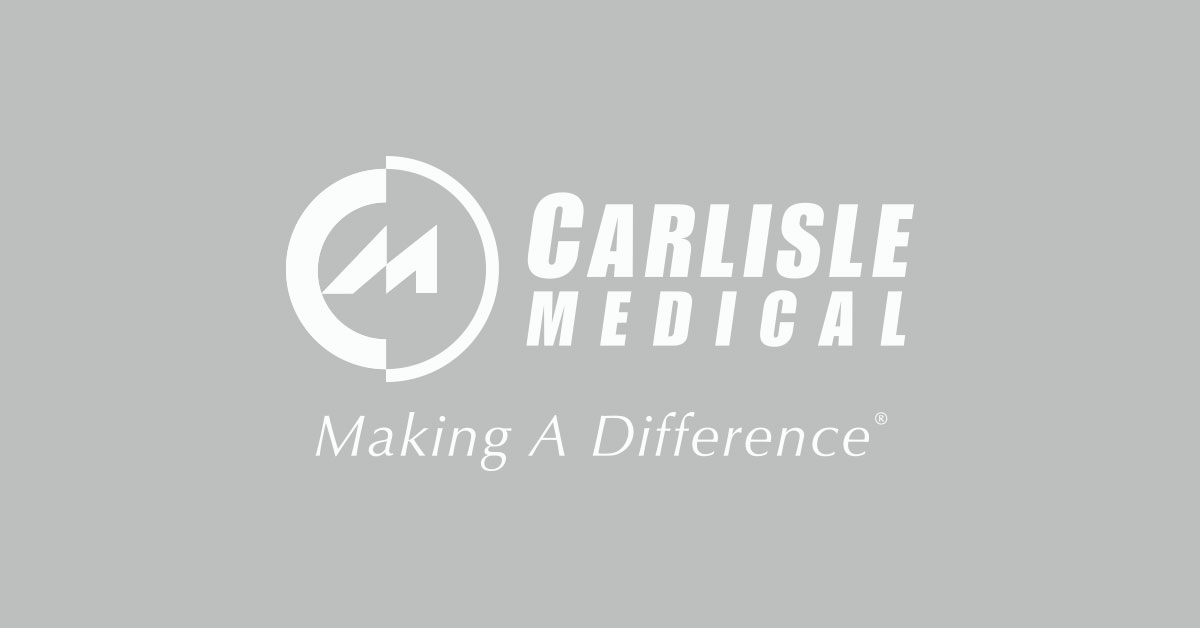Clinical Updates











Launch of Generic Seroquel XR
The FDA has recently approved the generic equivalent of Seroquel XR (quetiapine fumarate extended-release tablets)….











Launch of Generic Seroquel XR
The FDA has recently approved the generic equivalent of Seroquel XR (quetiapine fumarate extended-release tablets)….











EpiPen Alternative Is Available
A generic equivalent of Adrenaclick (epinephrine auto-injector) is available from Impax Laboratories. The epinephrine auto-injector…











Launch of Generic Benicar and Benicar HCTZ
The FDA has recently approved the generic equivalent of Benicar and Benicar HCTZ (olmesartan medoxomil…











FDA Approves Troxyca ER
Troxyca ER (Oxycodone/Naltrexone) is a new Schedule II opioid from Pfizer Pharmaceuticals that recently received…











NY: Initial Opioid Prescribing Limit Reduced to Seven Days for Acute Pain
The State of New York recently enacted several new measures to address the heroin and…











Launch of Generic Nuvigil
The generic equivalent of Nuvigil (armodafinil) has just been released, following FDA approval. Nuvigil is…











New Schedule II Opioids Introduced
Oxaydo™, a Schedule II opioid, is the first and only immediate-release formulation of Oxycodone HCL…











Launch of Generic Equivalent: Crestor (Rosuvastatin)
The generic equivalent of Crestor (rosuvastatin) has just been released, following FDA approval. Crestor is…











Brand-name Vivlodex™ and Generic MOBIC
Vivlodex™ is a low-dose nonsteroidal anti-inflammatory drug (NSAID) new option for people suffering from the…


